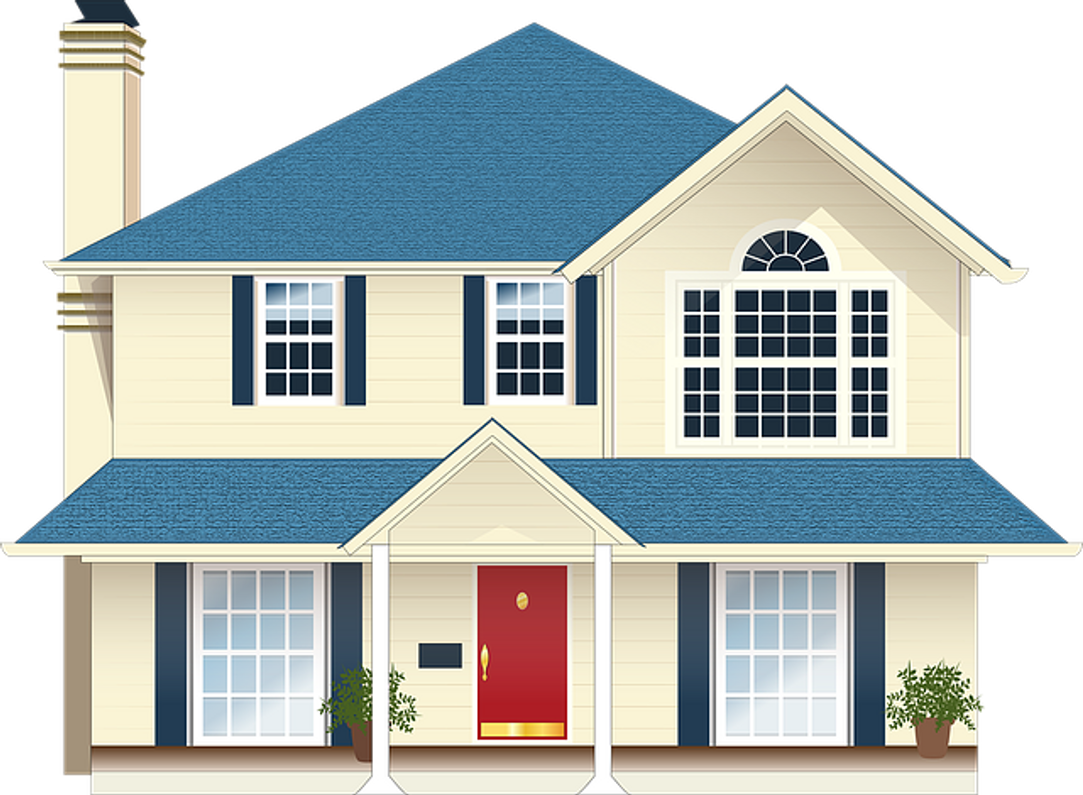Gas Furnace Safety Tips: What Homeowners Should Know
What type of heating system does your home use? Statistics show that most new homes use a gas-powered heating system, with gas furnaces being the most common type. Gas furnaces are energy efficient, work well in cold regions and require minimal maintenance. Like all gas appliances, though, they run on natural gas. If your home uses a gas furnace, you should follow these safety tips to keep you and your family safe this winter.
Maintain Smoke and CO Detectors
Make sure your home is equipped with functional smoke detectors and carbon monoxide (CO) detectors. Gas furnaces burn natural gas to produce heat. The exhaust gases produced during this combustion process will be vented out of your home through a flue pipe. If there's a problem with your gas furnace, however, some of these exhaust gases may enter your home.
CO detectors will give you peace of mind knowing that your gas furnace isn't releasing carbon monoxide or other exhaust gases into your home. Smoke detectors, on the other hand, will sound an alarm if a fire happens to break out. You should maintain both smoke detectors and CO detectors if your home uses a gas furnace.
Regularly Clean Around Furnace
You should regularly clean around your gas furnace. Most furnaces are installed in basements, crawlspaces or attics. Because these spaces receive less traffic than other living spaces, they are typically dustier and dirtier.
Neglecting to regularly clean around your gas furnace may result in a buildup of dust and debris. Airborne pollutants such as this may land on the pilot light. And the next time your gas furnace turns on, it may spark a structure fire. To lower the risk of a structure fire, regularly clean around your gas furnace to minimize dust and dirt.
Get an Annual Inspection
Another safety tip is to get your gas furnace professionally inspected at least once a year. Gas furnaces typically last for many years. Some of them can last for over a decade before they need to be replaced. But some of their parts can still fail prematurely, and depending on the type of part or parts that has failed, it may pose a safety hazard.
A professional inspection involves a technician checking your gas furnace and ensuring that it's safe to use. If the heat exchanger has failed, the technician may spot it. The technician may then offer to fix or replace your gas furnace so that the heat exchanger doesn't leak.
Recent Posts
-
Fire Safety in the Workplace: What You Need to Know
What steps are you taking to prevent fires in your workplace? According to the U.S. Occupational Saf …Aug 23rd 2023 -
Is It Safe to Go Jogging With a Cold Infection?
If you're suffering from a cold infection, you might be wondering whether it's safe to go jogging. T …Aug 22nd 2023 -
5 Safety Tips to Follow When Using a Powder-Actuated Tool
Powder-actuated tools are commonly used to join materials to steel and concrete. Also known as Hilti …Aug 20th 2023




